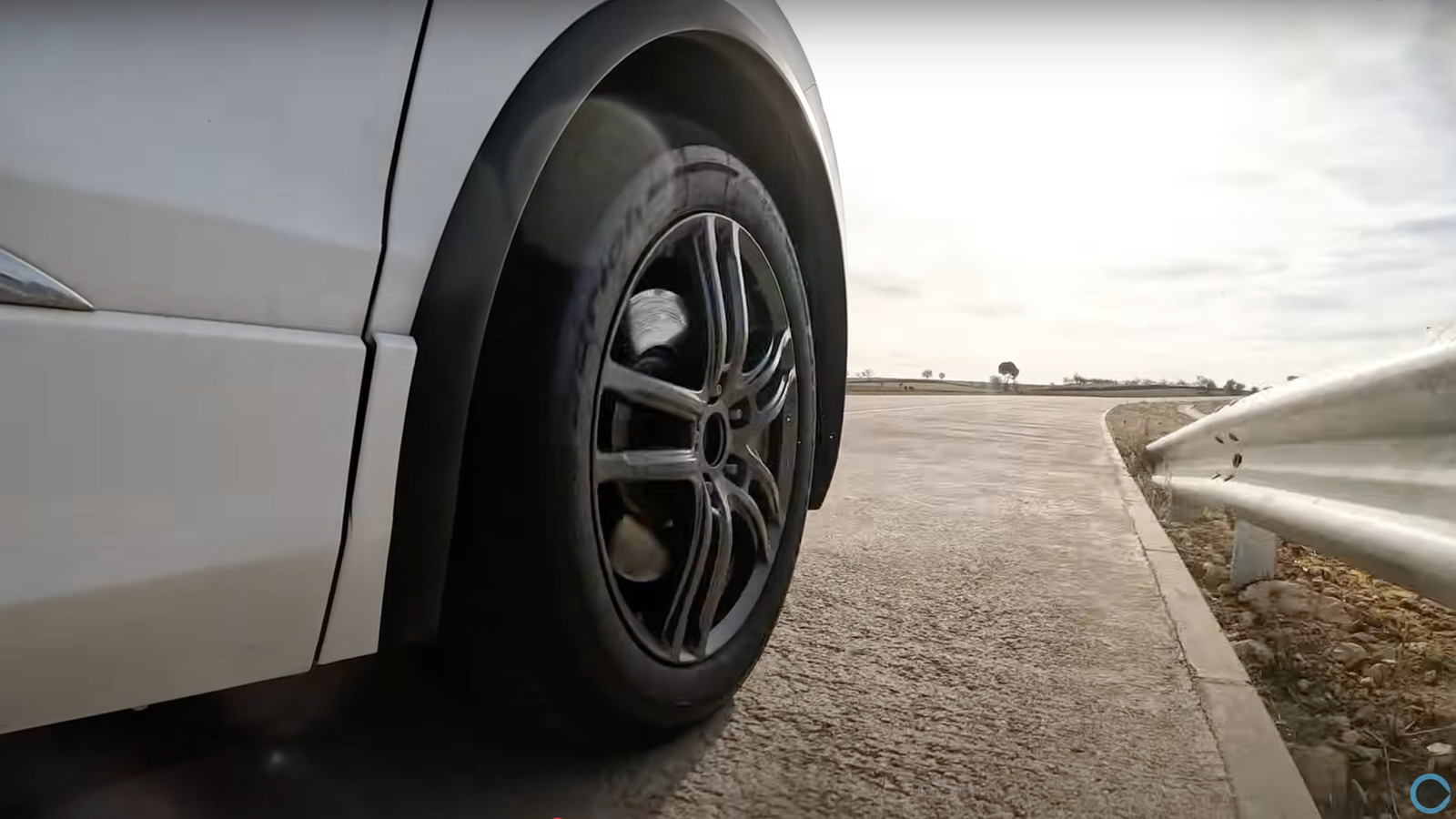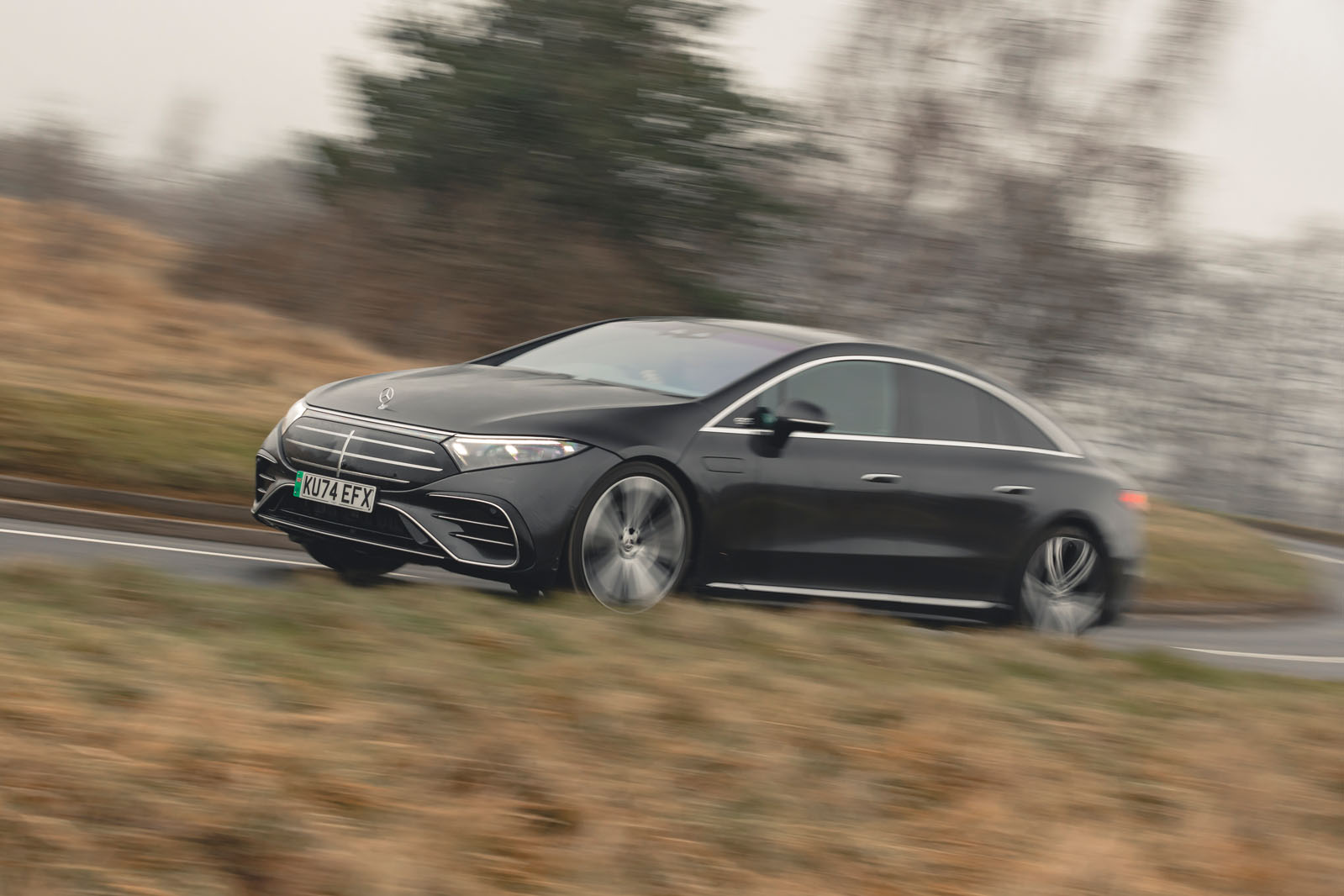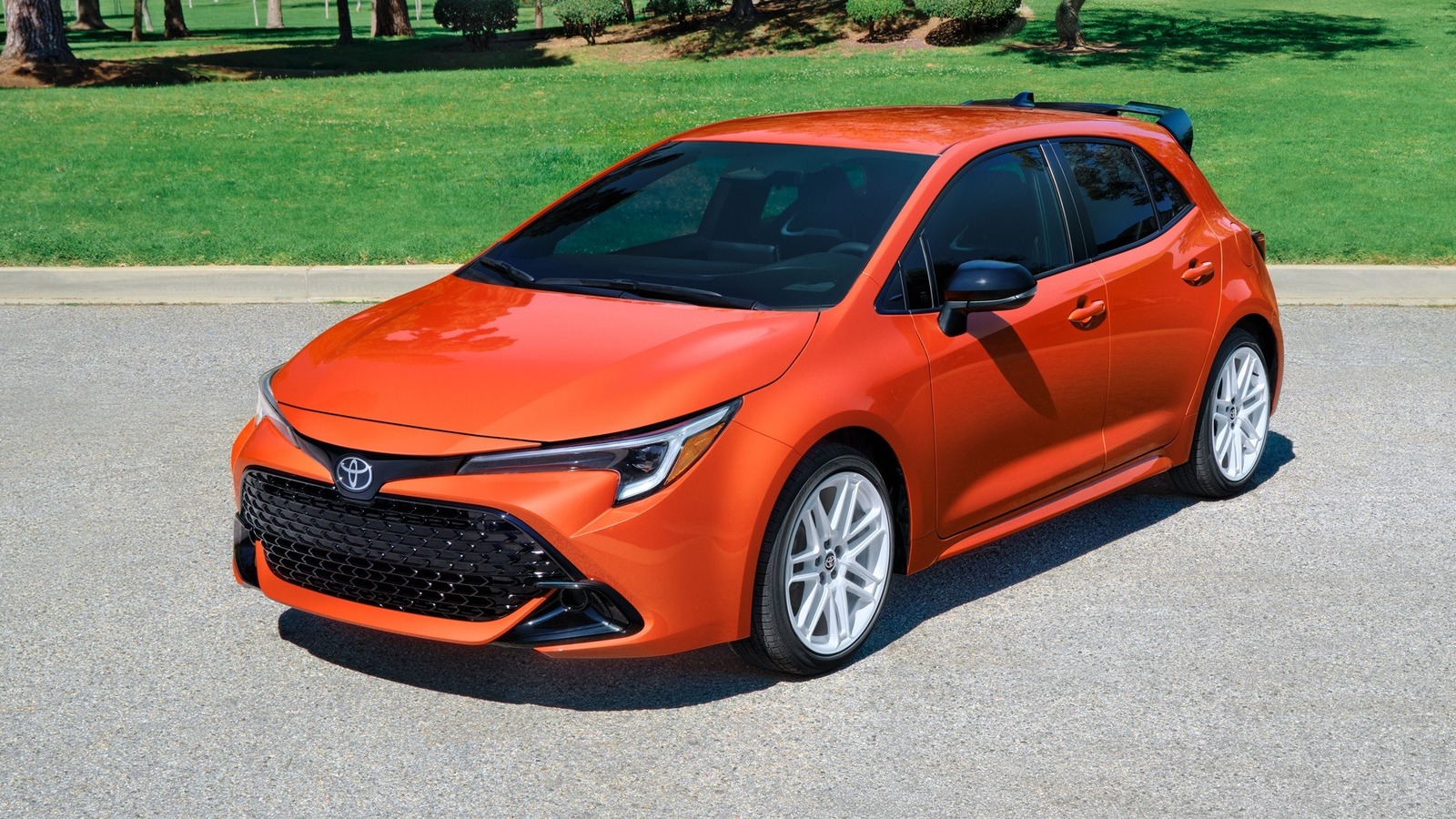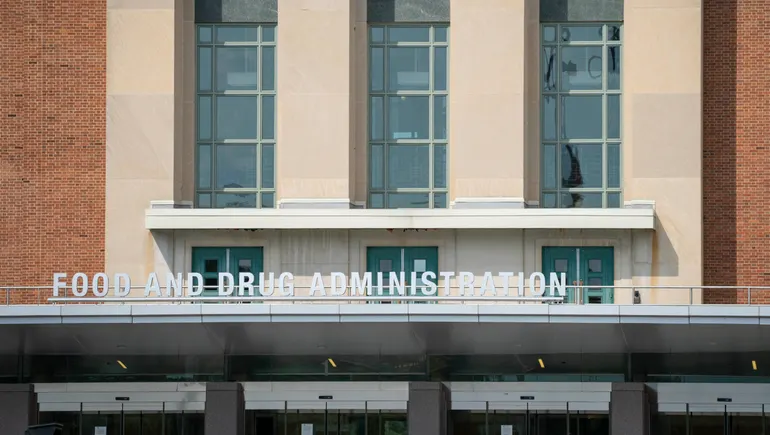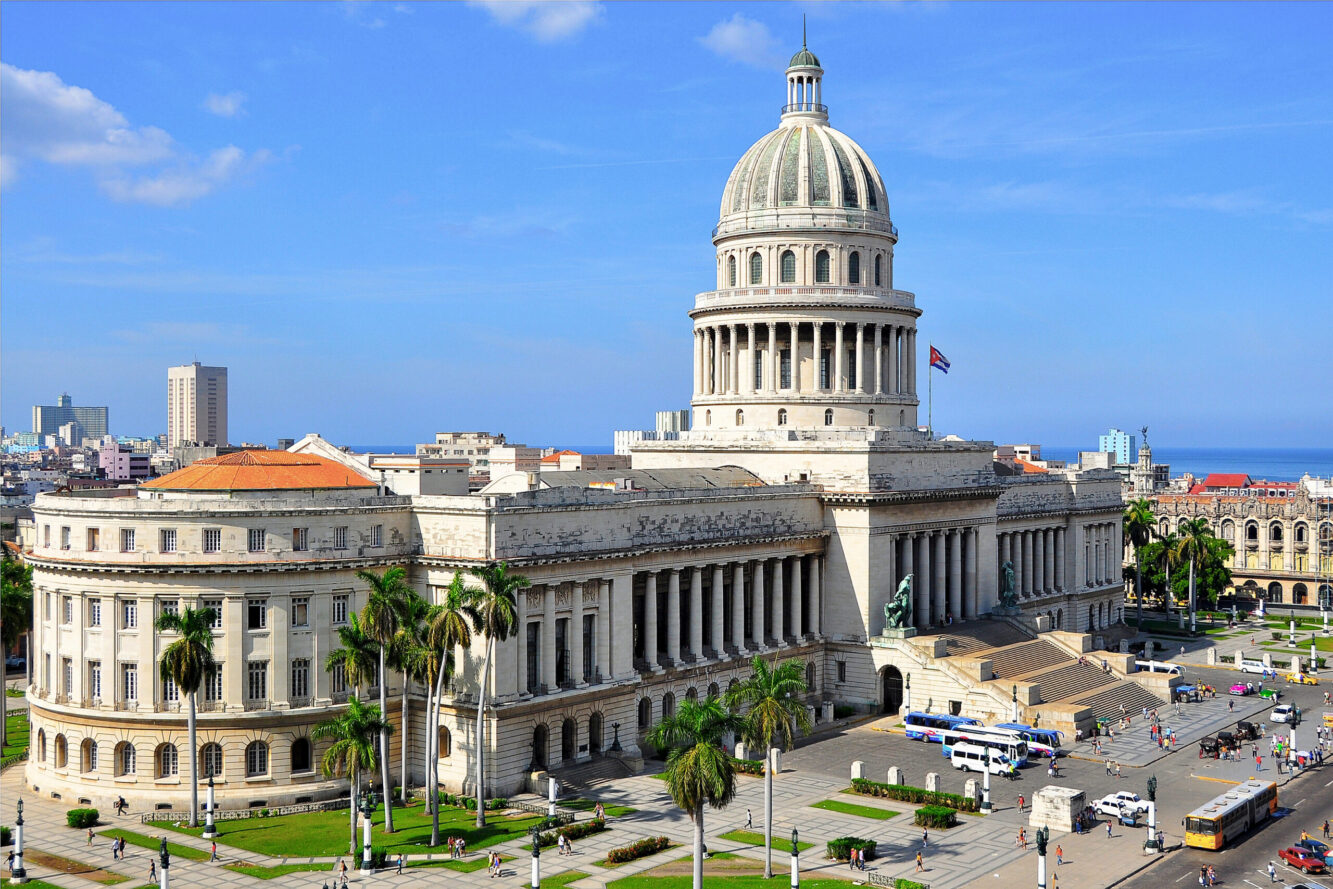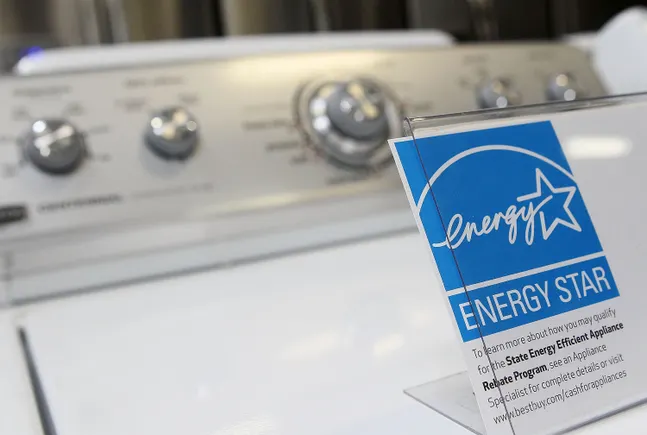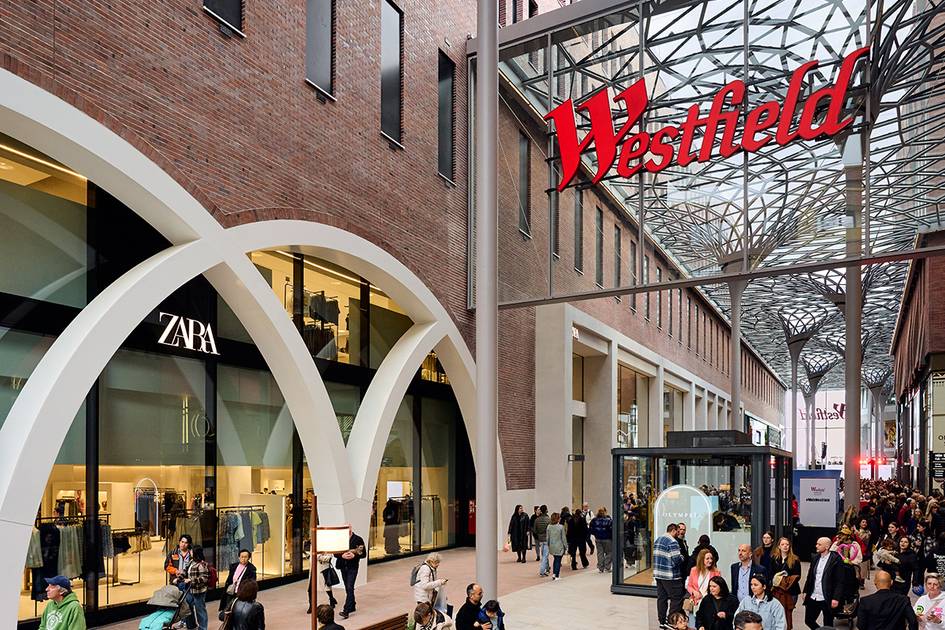UK secures “landmark” trade deal with India
Image of British and Indian flags Credits: AI generated The UK and India have agreed a multibillion-pound trade deal, which will reduce tariffs on clothes, footwear, and food products, to mark the biggest bilateral trade deal the UK has done since leaving the European Union. In a statement, the UK government called the deal a “huge economic win” for the UK, which it adds will “deliver for working people and British businesses” as British shoppers could see cheaper prices and more choice on products, including clothing, jewellery, and footwear. The deal is expected to increase bilateral trade by 25.5 billion pounds and will generate an additional 4.8 billion pounds to the British economy and 2.2 billion pounds every year in the long run. The government also said the landmark trade deal will give UK businesses “a competitive edge over international competitors when entering India’s enormous market” as it gets even bigger, forecasted to become the third largest global economy within three years, according to the IMF World Economic Outlook April 2025. Under the deal, Indian tariffs will be slashed, locking in reductions on 90 percent of tariff lines, with 85 percent of these becoming fully tariff-free within a decade. This includes tariffs on whisky and gin being imported to India from the UK halved from 150 percent to 75 percent before reducing to 40 percent by year ten of the deal, while automotive tariffs will go from over 100 percent to 10 percent under a quota. Other British goods with reduced tariffs, which can open markets and make trade cheaper for businesses and Indian consumers, include cosmetics, aerospace, medical devices, lamb, salmon, electrical machinery, soft drinks, chocolate and biscuits. Keir Starmer, the UK prime minister, said: “Today we have agreed a landmark deal with India - one of the fastest growing economies in the world, which will grow the economy and deliver for British people and business. “Strengthening our alliances and reducing trade barriers with economies around the world is part of our Plan for Change to deliver a stronger and more secure economy here at home.” UK government negotiates biggest bilateral trade deal since leaving the EU The government adds that the deal will benefit businesses of all sizes. Based on 2022 trade alone, this amounts to India cutting tariffs worth over 400 million pounds when the deal comes into force, which will more than double to around 900 million pounds after 10 years. The move will also make exporting from the UK to India easier than ever, as India has agreed to release goods as quickly as possible after arrival at customs, work with the UK on one streamlined portal for trade and publish customs procedures and laws online in English. In addition, new digital commitments will support electronic contracts and transactions. These changes could particularly support small and medium-sized businesses, making it easier for them to enter the Indian market. There will also be enhanced copyright protections for the creative sector that “will give exporters confidence thanks to a commitment that their work will continue to be protected for at least 60 years,” added the government. Jonathan Reynolds, the UK business and trade secretary, added: “By striking a new trade deal with the fastest-growing economy in the world, we are delivering billions for the UK economy and wages every year and unlocking growth in every corner of the country, from advanced manufacturing in the North East to whisky distilleries in Scotland. “In times of global uncertainty, a pragmatic approach to global trade that provides businesses and consumers with stability is more important than ever.”
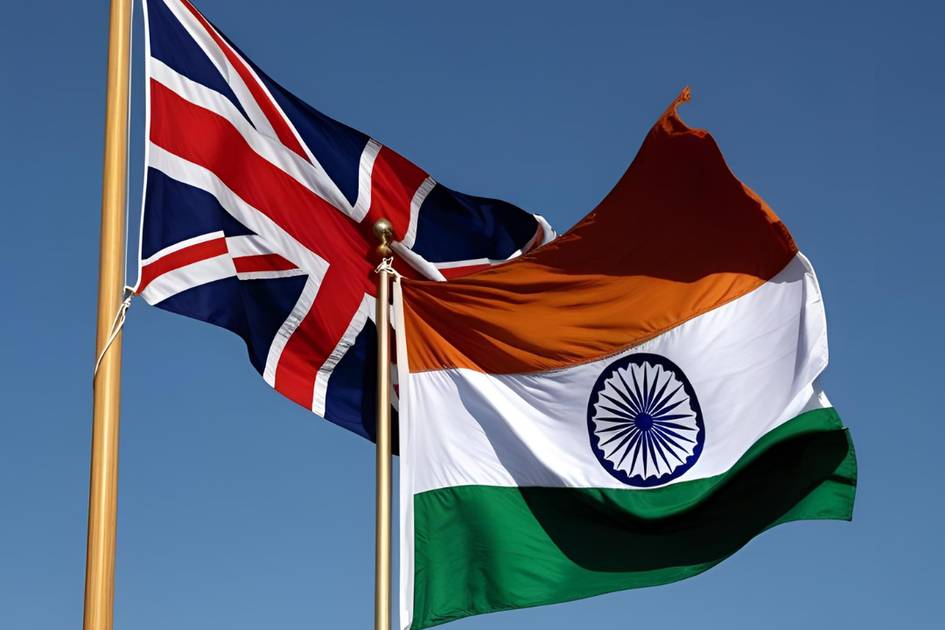
The UK and India have agreed a multibillion-pound trade deal, which will reduce tariffs on clothes, footwear, and food products, to mark the biggest bilateral trade deal the UK has done since leaving the European Union.
In a statement, the UK government called the deal a “huge economic win” for the UK, which it adds will “deliver for working people and British businesses” as British shoppers could see cheaper prices and more choice on products, including clothing, jewellery, and footwear.
The deal is expected to increase bilateral trade by 25.5 billion pounds and will generate an additional 4.8 billion pounds to the British economy and 2.2 billion pounds every year in the long run.
The government also said the landmark trade deal will give UK businesses “a competitive edge over international competitors when entering India’s enormous market” as it gets even bigger, forecasted to become the third largest global economy within three years, according to the IMF World Economic Outlook April 2025.
Under the deal, Indian tariffs will be slashed, locking in reductions on 90 percent of tariff lines, with 85 percent of these becoming fully tariff-free within a decade. This includes tariffs on whisky and gin being imported to India from the UK halved from 150 percent to 75 percent before reducing to 40 percent by year ten of the deal, while automotive tariffs will go from over 100 percent to 10 percent under a quota.
Other British goods with reduced tariffs, which can open markets and make trade cheaper for businesses and Indian consumers, include cosmetics, aerospace, medical devices, lamb, salmon, electrical machinery, soft drinks, chocolate and biscuits.
Keir Starmer, the UK prime minister, said: “Today we have agreed a landmark deal with India - one of the fastest growing economies in the world, which will grow the economy and deliver for British people and business.
“Strengthening our alliances and reducing trade barriers with economies around the world is part of our Plan for Change to deliver a stronger and more secure economy here at home.”
UK government negotiates biggest bilateral trade deal since leaving the EU
The government adds that the deal will benefit businesses of all sizes. Based on 2022 trade alone, this amounts to India cutting tariffs worth over 400 million pounds when the deal comes into force, which will more than double to around 900 million pounds after 10 years.
The move will also make exporting from the UK to India easier than ever, as India has agreed to release goods as quickly as possible after arrival at customs, work with the UK on one streamlined portal for trade and publish customs procedures and laws online in English.
In addition, new digital commitments will support electronic contracts and transactions. These changes could particularly support small and medium-sized businesses, making it easier for them to enter the Indian market.
There will also be enhanced copyright protections for the creative sector that “will give exporters confidence thanks to a commitment that their work will continue to be protected for at least 60 years,” added the government.
Jonathan Reynolds, the UK business and trade secretary, added: “By striking a new trade deal with the fastest-growing economy in the world, we are delivering billions for the UK economy and wages every year and unlocking growth in every corner of the country, from advanced manufacturing in the North East to whisky distilleries in Scotland.
“In times of global uncertainty, a pragmatic approach to global trade that provides businesses and consumers with stability is more important than ever.”













